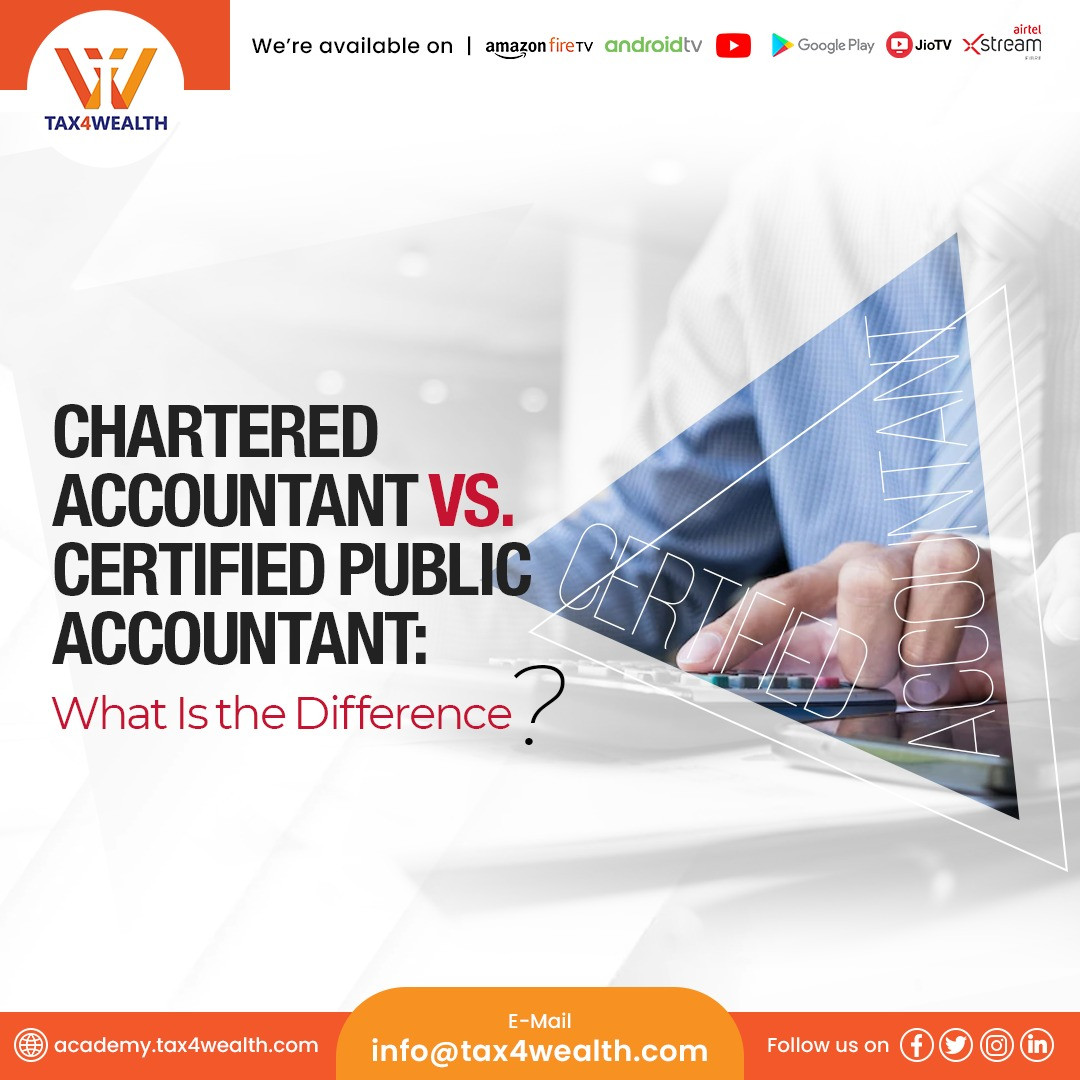
You might wonder about the difference between certified public accountants and accountants. Understanding this difference can improve your Newport Beach Tax Preparation experience. Certified public accountants hold special licenses. They pass tough exams and meet strict standards. Regular accountants have a financial background. However, they do not have the same licensure. Certified public accountants can represent you in audits. They offer expert advice on complex tax matters. Accountants provide general tax help and bookkeeping services. Choosing between the two depends on your financial needs. When you need advanced services, certified public accountants are often a better choice. For routine financial tasks, accountants might suffice. Make sure you consider your specific financial situation before choosing. This choice can affect your financial health. Understanding these roles helps you make smart financial decisions. Engage with financial professionals who meet your needs best.
Understanding the Roles
Accountants and certified public accountants play key roles in managing finances. Both provide essential services, but they differ in qualifications and capabilities. Accountants manage day-to-day financial tasks. They handle bookkeeping, prepare financial statements, and assist with basic tax preparation. Certified public accountants go further. They can conduct audits and provide strategic advice. They meet rigorous standards to earn their certification.
Education and Certification
Education is a primary distinction. Accountants usually hold a bachelor’s degree in accounting or a related field. They might also have associate degrees or certifications. Certified public accountants must complete a bachelor’s degree with a focus on accounting. Additionally, they pass the Uniform CPA Examination. This exam is thorough and covers various accounting topics.
The American Institute of CPAs provides resources on becoming a CPA. Candidates must also meet experience requirements. These typically include working under a licensed CPA for a specific period. This ensures a standard of expertise and practice.
Licensing and Regulation
Certified public accountants are licensed by state boards. They adhere to strict ethical standards. Regular accountants do not face the same regulatory oversight. State boards ensure certified public accountants remain competent through continuing education. This ongoing training keeps them updated on changes in the field.
Services Offered
Both accountants and certified public accountants assist with tax services. However, certified public accountants offer more in-depth tax strategies. They help with tax planning and complicated tax issues. Accountants prepare tax returns and manage simple tax matters. Certified public accountants can represent you during IRS audits. They have the authority to act on your behalf in legal settings.
Cost Considerations
The cost of hiring a certified public accountant might be higher than that of an accountant. The increased expertise often justifies the cost. Routine tasks might not require certified public accountants. You might save money by choosing an accountant for straightforward tasks.
| FEATURE | ACCOUNTANT | CERTIFIED PUBLIC ACCOUNTANT |
| Education | Bachelor’s or Associate Degree | Bachelor’s Degree and CPA Exam |
| Licensing | None | State Licensed |
| Services | Basic Tax, Bookkeeping | Advanced Tax, Audit Representation |
| Cost | Lower | Higher |
Choosing the Right Professional
Decide based on your financial needs. For basic tasks, an accountant might suit you. For comprehensive needs, consider a certified public accountant. Their advanced training can benefit complex financial situations. If you face audits or need strategic planning, certified public accountants are invaluable.
Final Thoughts
Making the right choice impacts your financial well-being. Investing in the right expertise can provide peace of mind. Ensure you evaluate your circumstances and select the best fit for your needs. For more insights, visit the Internal Revenue Service for guidance. Choose wisely and secure your financial health with the right help.
